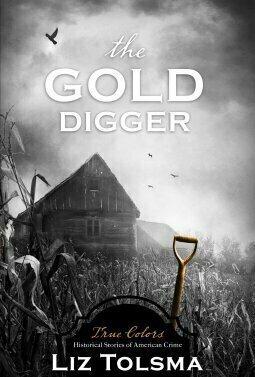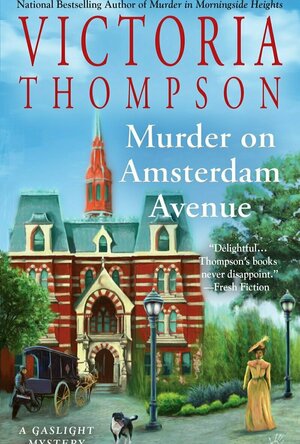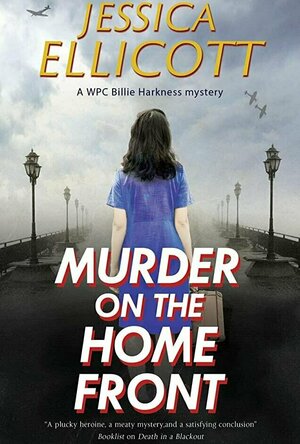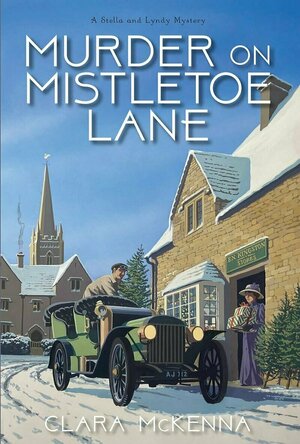
Murder on Mistletoe Lane
Book
American heiress Stella Kendrick and her husband, British aristocrat Viscount “Lyndy” Lyndhurst,...
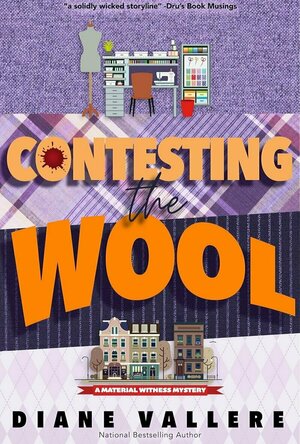
Contesting the Wool
Book
It's curtains for somebody at the reading of the will... Poly Monroe never expected to inherit...
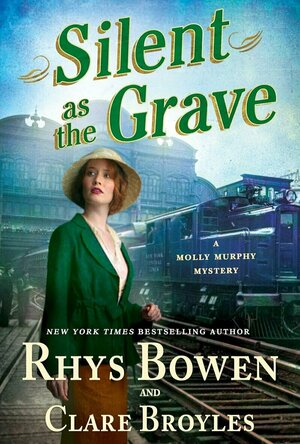
Silent as the Grave
Book
Retired Detective Molly Murphy Sullivan goes undercover in the next book in the New York Times...
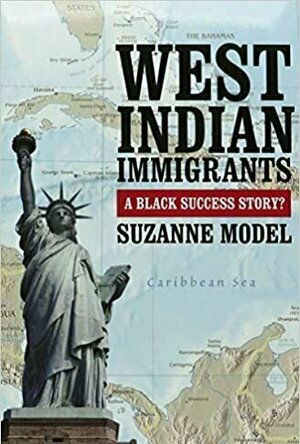
West Indian Immigrants: A Black Success Story?
Book
West Indian immigrants to the United States fare better than native-born African Americans on a wide...
Lindsay (1793 KP) rated The Gold Digger (True Colors #9) in Books
Nov 23, 2020
Why does the town seem to pick on a guy named Ray? Ingrid seems a bit naive about what her sister is doing but she loving her sister and children. Is her sister Belle a murder or looking for easy money? The town seems to think nothing of it when men go missing or think they just leave suddenly.
We do see that Ingrid and Nils seem to connect after meeting each other. They seem to take their time getting to know each other and courting. The plot of this story is deep and detailed. The story is done well. It just seems like found out who the killer is quite quickly. It just seems that Nils had to convince Ingrid and the town sheriff or the real killer and not the one they keep pulling in to question.
There are some surprises when it is all revealed and solved. Though there is still a twist at the end as well. There seem to be a mystery and lots of crimes. This is good in the sense that it tells some history of American crime and historical fiction and crime. It is a true crime. I rate this 4.5 Moons (stars).
Mark @ Carstairs Considers (2482 KP) rated Murder on Amsterdam Avenue in Books
Jul 7, 2021 (Updated Jul 7, 2021)
While these are historical mysteries, history doesn’t always come into play in these books. Here it does in a couple of different ways, and I enjoyed both of them. Fans of the series will be delighted with how the character’s lives are progressing. The mystery was a little slower than most, or maybe it just felt like it to me because I guessed some parts of the plot early on. Even so, I enjoyed some of the twists along the way to the satisfying climax. We get plenty of the supporting characters here, and I am enjoying how they are developing. The characters’ lives are transitioning still in this book, and long-time fans will be happy with how that progresses. This isn’t the strongest in the series, but it will still please fans.
Heather Cranmer (2721 KP) created a post
Aug 1, 2020
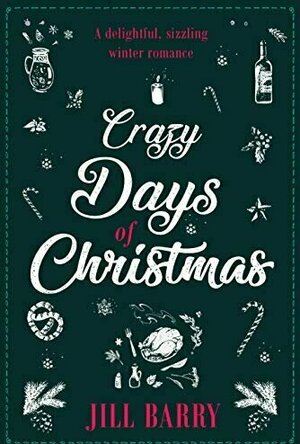
Crazy Days of Christmas
Book
Lucy Stephenson is facing a Christmas nightmare. Her bistro, 'The Town Mouse', is in a bad...
Mark @ Carstairs Considers (2482 KP) rated Murder on the Home Front in Books
May 4, 2023
It was great to be back in summer 1940 with Billie and Peter. While most of the book is written from Billie’s third person point of view, we get some scenes from Peter’s, and they help flesh out the characters and plot wonderfully. I was hooked the entire way through the story, although I did wonder where it was going a bit at first. Once the body turned up, things were full speed ahead until we reached the end. There is a strong sub-plot that is unfortunately too real and should not have been acceptable then or now. I appreciated how it was handled. The overall mystery is something that could only be told in England during World War II, and it helped bring details of that time in history to life for me. If you enjoy historical mysteries, you need to pick it up.
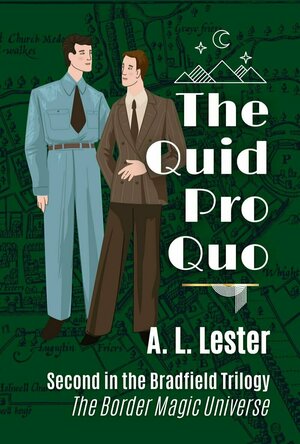
The Quid Pro Quo (The Bradfield Trilogy #2)
Book
Village nurse Walter Kennett is content with his makeshift found-family in tiny Bradfield. However...
Found Family 1920's British Murder-Mystery Historical M/Transm
